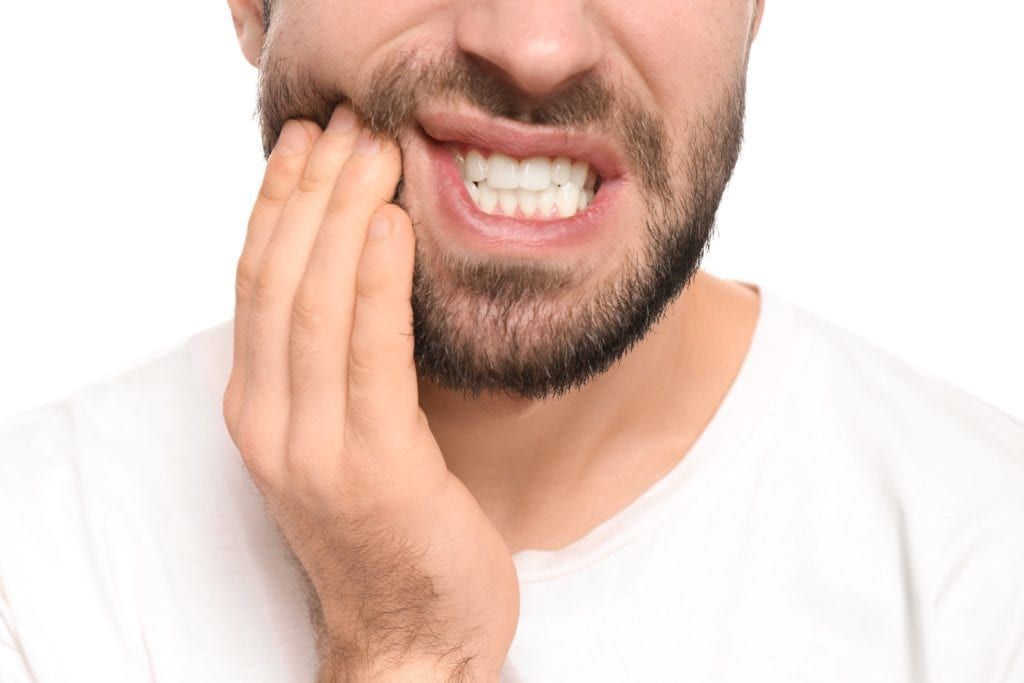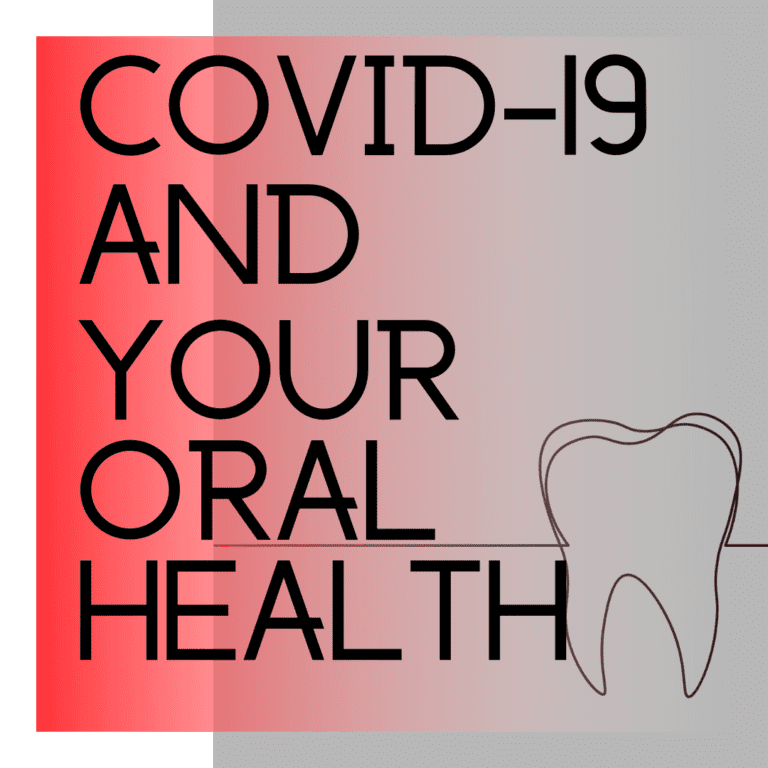With the outbreak of SARS-CoV-2, which causes Covid-19 aka: Coronavirus, the federal government has recommended limiting close proximity to anyone outside of your household. These social distancing guidelines advocate for only leaving the house when necessary and to keep a six foot distance from others while in public. Beyond the federal guidelines, some state and local governments have mandated shelter in place orders to further slow the spread of the virus.
As a result of these social distancing guidelines, the American Dental Association has also issued a formal recommendation for dental offices as of April 1st, 2020. This recommendation states that dentists are to keep their offices closed unless an urgent or emergency case is presented. Basically this means that any elective or preventative treatments are temporarily suspended, but dental emergencies can still be treated.
When it comes to dental emergencies, it is important to understand how to prevent and recognize potential emergency situations. Therefore, we have compiled some information on how to prevent and recognize dental emergencies:
How to Prevent Dental Emergencies

The best way to prevent dental emergencies is to use your teeth only for biting and chewing food. Behaviors like nail biting, chewing on ice or pens, or using your teeth to hold or open things, puts your teeth at an increased risk of becoming chipped, cracked, or even loose. Additionally, biting or chewing foods that are excessively crunchy, sticky, hard, or chewy can also cause damage to your teeth as well, so you may want to avoid these. Finally, if you are a bruxer who grinds or clenches their teeth, it is important to wear a nightguard to prevent damage caused by bruxism.
Another way to prevent dental emergencies is by taking measures to prevent tooth decay and gum disease. This means brushing twice a day for two minutes with a soft-bristled toothbrush and fluoridated toothpaste, and flossing daily. Additionally, you will want to limit your sugar intake to further decrease your risk of developing cavities.
Recognizing Dental Emergencies
Dental emergencies can occur suddenly or gradually, depending on their cause. While the exact situation and symptoms may vary, here are some general things to look for that can signify a dental emergency:

- Sudden or severe tooth pain
- Tooth pain that gets gradually worse
- Tooth sensitivity
- Chipped or cracked teeth
- Loose dental restorations
- A dental restoration that has fallen out
- A single discolored tooth
- A knocked out tooth
If you believe you or a family member is experiencing a dental emergency, it is important to see an emergency dentist and to avoid the emergency room. An emergency dentist can provide better treatment for dental emergencies and will save you the stress and cost of an emergency room visit.
Our staff at Romans-Soltani Dentistry hopes that this brief guide will help you and your family to maintain your oral health and prevent dental emergencies during this time. In cases where a possible urgent situation were to occur, we hope this guide will help you recognize when an emergency dental visit may be needed. If you have any questions, you can always contact our office for more information.




